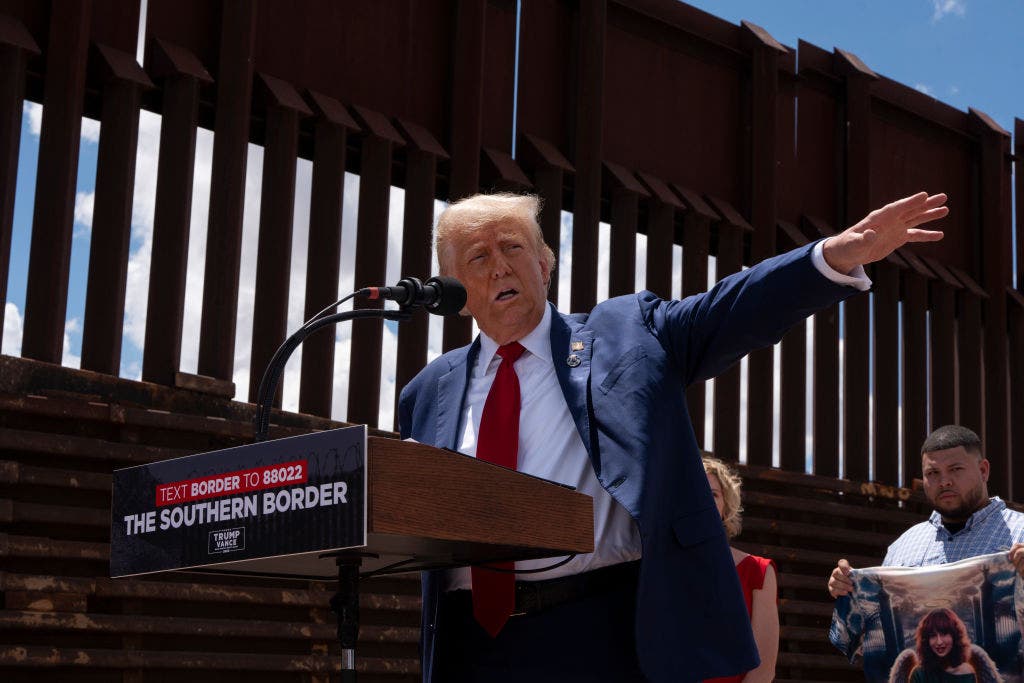Trump deportation plan won’t militarize the country, expert says

President-elect Trump’s plan to declare a state of emergency at the border and use the military for mass deportations has sparked fears among some critics, but one expert believes that these concerns are overblown.
Alfonso Aguilar, a former chief of the U.S. Office of Citizenship and the director of Hispanic engagement at the American Principles Project, reassured the public that the country is not going to be militarized. He emphasized that neighborhoods with immigrants are not going to militarize either.
Despite rumors about deploying the military onto American streets, Aguilar explained that the military would play a support role, providing logistics support to U.S. Immigrations and Customs Enforcement (ICE) and U.S. Customs and Border Protection (CBP). He clarified that the military’s involvement would focus on targeted arrests of criminals rather than sweeping neighborhoods.
Aguilar highlighted that federal law limits how Trump can use the military domestically, indicating that ICE officers would lead deportation efforts with logistical assistance from the military. The military would also serve as a deterrent on the border and assist Border Patrol officers in detecting and transporting migrants.
Additionally, Aguilar pointed out that ICE may increase workplace raids, where the military’s logistical support could aid in detaining and transporting arrested migrants. He emphasized that the military would not be unleashed in neighborhoods to detect illegal immigrants.
While blue state leaders have expressed plans to resist Trump’s deportation efforts, Aguilar believes that federal law enforcement cannot be prohibited from conducting raids in states. However, he noted that the Department of Homeland Security may lack the manpower to carry out widespread deportations across the country.
In conclusion, Aguilar’s expert opinion provides reassurance that Trump’s plan to use the military for mass deportations will not lead to the militarization of neighborhoods. By focusing on targeted arrests and logistical support, the military’s role will be limited and supportive in nature. As tensions escalate over immigration policies, it remains to be seen how these plans will unfold in the coming months.




